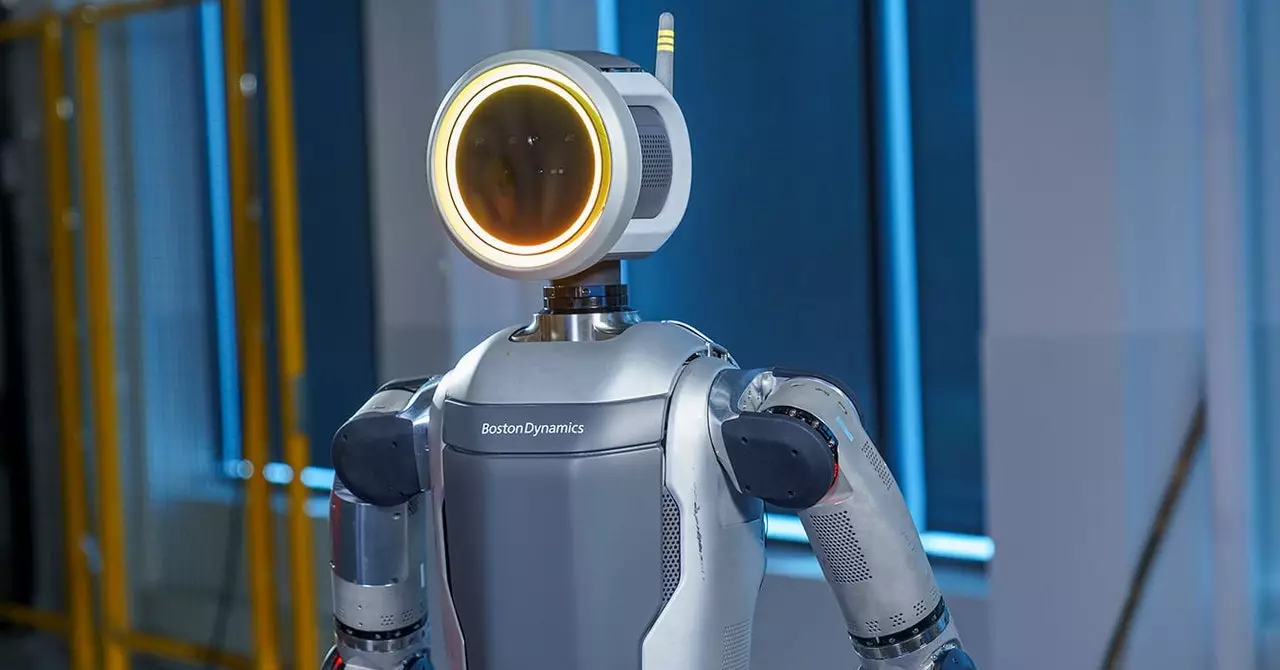The idea of super-strong, all-terrain, bipedal humanoid robots performing tasks that were once reserved for humans can be quite unsettling. The advancements in technology, as evidenced by Boston Dynamics’ New Atlas, are moving at a rapid pace. With the ability to sprint up steps, perform backflips, and self-right, these robots are becoming more and more capable of taking over tasks traditionally done by humans.
As we witness the development of these humanoid robots, questions arise about their impact on the workforce. Amazon warehouse workers, for example, may see their jobs at risk as these robots prove to be as efficient, if not more so, in completing tasks. Companies like Hyundai, who acquired Boston Dynamics, are already considering using these robots in their car factories, signaling a shift towards automation in manufacturing industries.
The race to integrate humanoid robots into the workplace is becoming increasingly competitive. Companies like Sanctuary AI and Figure are also making strides in this field, collaborating with automotive firms and tech giants to develop robots that can learn and adapt. The potential for these robots to revolutionize various industries is promising, but it also raises concerns about the implications of relying on AI-driven machines for tasks that were once performed by human workers.
The idea of general-purpose humanoid robots that can learn on the fly sounds like something out of a science fiction movie. However, the reality of these technological advancements poses ethical dilemmas. How do we ensure that these robots are used ethically and responsibly? How do we prevent them from being weaponized or causing harm in the workplace? These are questions that must be addressed as we continue to push the boundaries of AI and robotics.
The rise of humanoid robots in the workplace is both exciting and concerning. While the potential for increased efficiency and productivity is undeniable, we must also consider the impact on human workers and the ethical implications of relying on advanced technology. As we move forward into a future where robots may be commonplace in various industries, it is essential to approach this evolution with caution and consideration for the implications it may have on society as a whole.


Leave a Reply